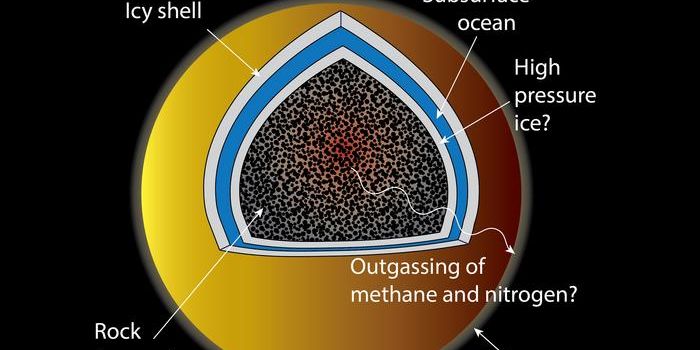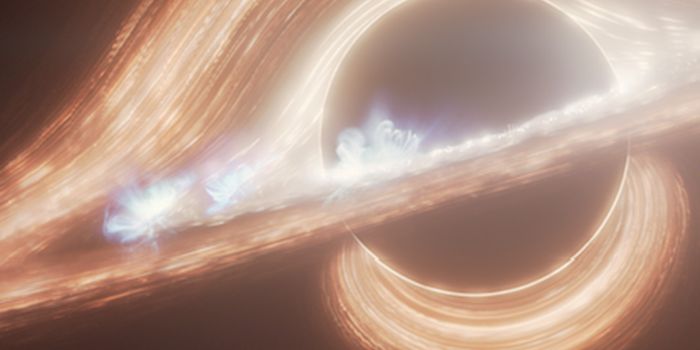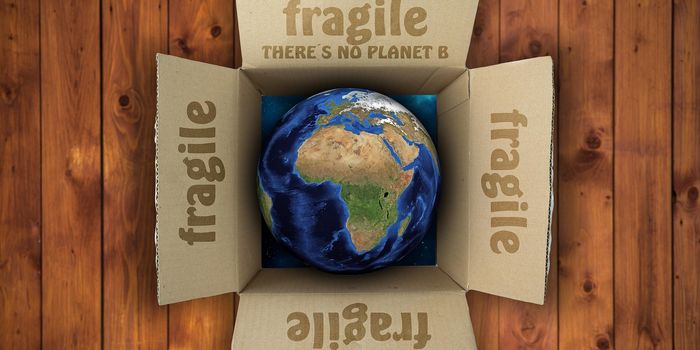Towards a Sustainable Future: KAUST's Solar Center Paves the Way for Affordable Clean Energy
The road towards a cleaner future has taken a massive step forward, as a team of researchers from the King Abdullah University of Science and Technology (KAUST) have successfully conducted laboratory tests of perovskite/silicon tandem solar cells, which offer greater efficiency than crystalline silicon solar cells, which have long been the standard for solar energy technology. This study, which was published today in Science, was conducted at the KAUST Solar Center and holds the potential to design and develop more efficient solar cells for both Saudi Arabia and the entire world.
While the study outlines the incredible advances in laboratory tests with perovskite/silicon tandem solar cells, most notably a 33 percent increase in power efficiency compared to other joint solar cells, the researchers emphasize that many steps must be accomplished before this technology can achieve real-world applications, like commercialization. While they note that challenges for scaling up the technology could only be a few years away, the cost is the primary challenge for the foreseeable future.
Image of a perovskite/silicon tandem solar cell that was developed as part of this study. (Credit: 2024 KAUST)
"The market for perovskite/silicon tandems is expected to exceed $10 billion within a decade," said Dr. Stefaan De Wolf, who is a professor in material science and engineering at KAUST and a co-author on the study. "KAUST is at the forefront of this revolution, laying the groundwork for affordable, accessible clean energy for all."
This study comes as the number of households in the United States that use solar energy increase from 2.8 percent to 3.4 percent between 2021 and 2022, with solar energy also comprising 15.9 percent of all renewable energy sources in 2022, as well.
What new discoveries will researchers make with perovskite/silicon tandem solar cells in the coming years and decades? Only time will tell, and this is why we science!
As always, keep doing science & keep looking up!
Sources: Science, King Abdullah University of Science and Technology, EurekAlert!, EcoWatch









